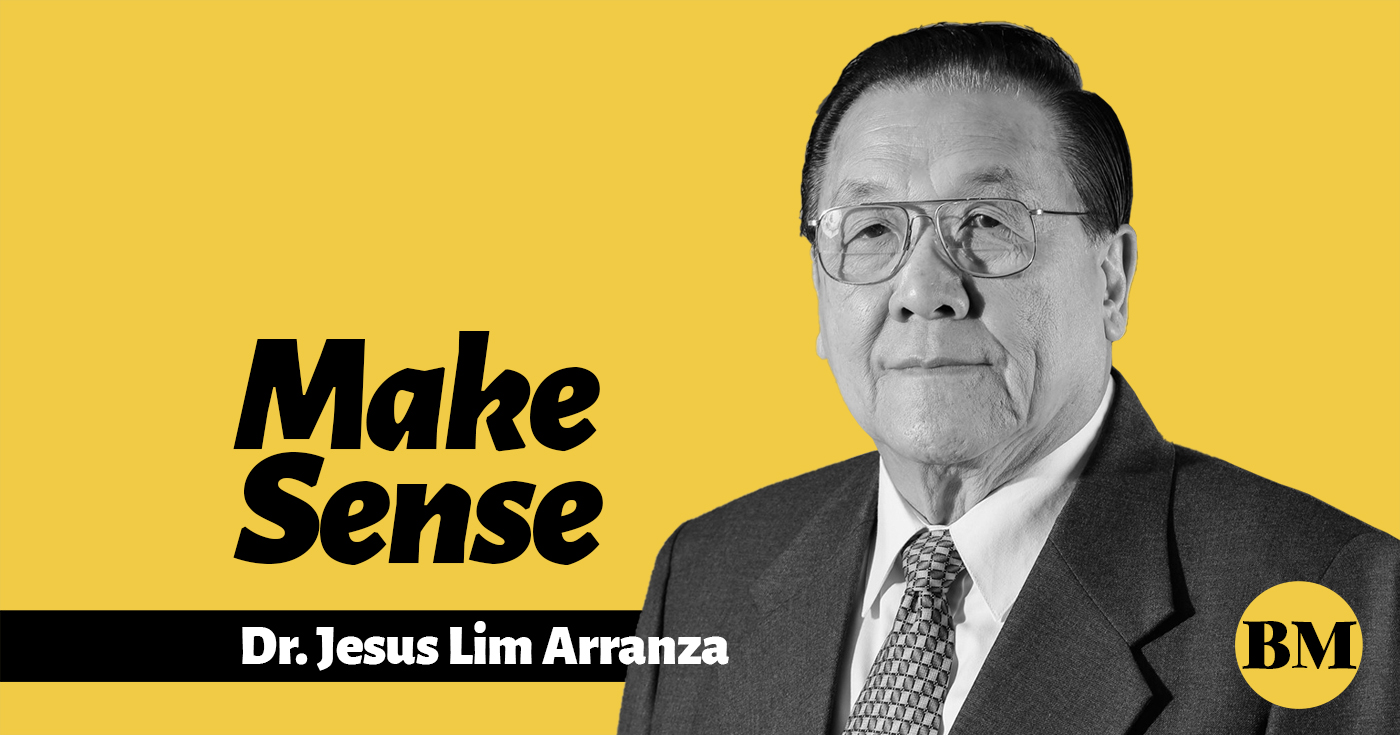For the longest time, Federation of Philippine Industries Chairman Dr. Jesus L. Arranza has been fighting smuggling and other illicit trade that threaten local industries. Recently, he sent a letter to President Marcos expressing grave concern over the alleged illegal use of imported palm olein, which threatens the country’s coconut industry.
In his letter to the President, Arranza said his group obtained verified information about unscrupulous palm olein traders, who allegedly are declaring their palm olein importations as animal feeds additives to avoid payment of value-added tax, among other duties.
On Tuesday, Arranza said the Office of the President has directed the Department of Agriculture to probe the illegal use of imported palm olein. “This response from the Office of the President is like receiving 10 doses of booster shots and strengthens our resolve to continue with the fight,” said Arranza, who also chairs the Fight Illicit Trade group. (Read, “Illegal use of imported palm olein robs govt of revenues,” in the BusinessMirror, January 25, 2023).
Arranza earlier wrote in his BusinessMirror column that a study done by the Center for Research and Communication Foundation, Inc. of the University of Asia and the Pacific found that palm oil is one of the products being smuggled into the Philippines in huge volumes. The study said the impact and multiplier effects of the smuggled goods from the eight industries studied resulted in P495.5 billion losses in the country’s gross domestic product, P1.1 trillion losses in gross output, P77.2 billion losses in household income, and 291,070 displaced workers.
“Coconut industry players have been complaining to me that imported palm olein has been flooding the market. Palm olein is the liquid fraction obtained during fractionation of palm oil, which involves crystallization under controlled temperature and removal of crystals by filtration. After this process, the oil product can be used for cooking. If this smuggled oil is sold in the country as such, it will kill the coconut oil industry,” Arranza said.
Since coconut oil is always priced much higher than palm olein, Arranza said these importers are allegedly “receiving another windfall of cash from substituting coconut oil with palm olein. This is naturally hurting the coconut farmers and industry.”
He added: “Our coconut oil is currently being used as biodiesel additive. Some of the complaints I received was that palm olein products are not only sold as cooking oil in the country; they are also being used as biodiesel additives, giving unfair competition to our coconut oil.”
What Arranza finds incredulous is the fact that importation of palm olein being declared as animal feeds additives has been growing by leaps and bounds despite the fact that the Philippine hog sector has been devastated by African swine fever outbreaks. In 2017, inspected net weight of palm olein imports was recorded at 2,781,370 kilograms; the figure went up to 8,515,376 in 2018.
“Here’s what I find anomalous: The Food and Agriculture Organization said that since the Department of Agriculture confirmed the first outbreak of African swine fever in the Philippines in July 2019, as of July 2022, 53 provinces, 704 cities and municipalities, and 3,832 barangays have experienced ASF outbreaks. There was an unresolved ASF outbreak until July 2022, but imports of palm olein being declared as additives to animal feeds surged to 14,281,972 kilograms in 2021,” Arranza said.
Arranza said he raised the issue before the Bureau of Animal Industry, which regulates the entry of palm olein for feed use, but did not get a satisfactory answer. The agency was not able to explain properly why the country’s imports of palm olein, as certified by BAI, rose last year despite hog farms still reeling from the effects of African swine fever.
Now that President Marcos has directed the Agriculture department to probe the illegal use of imported palm olein, we hope the agency will act with dispatch. This anomalous situation can cause a triple whammy to the country: First, the government will continue to lose billions of pesos in foregone revenues as a result of the misdeclaration of palm oil imports as animal feeds additives; second, palm olein imports unjustly compete with our coconut oil products in the market, which may ultimately kill the coconut industry; third, millions of jobs will be lost if coconut farmers stop planting the crop and coconut oil mills are forced to stop operations.



























